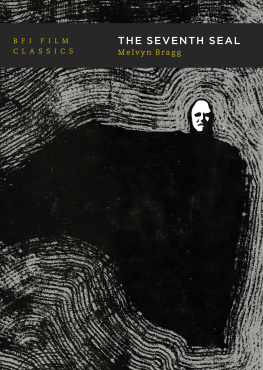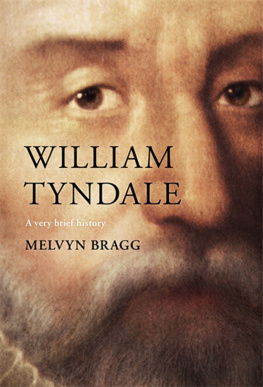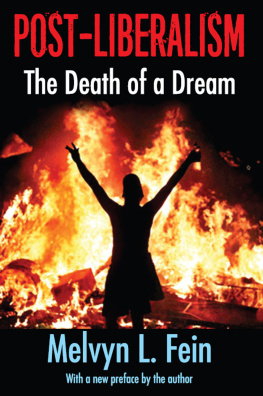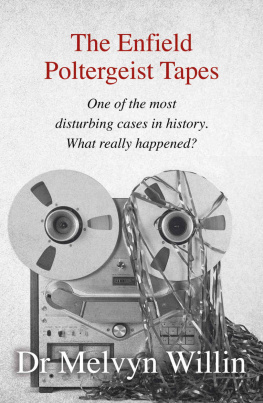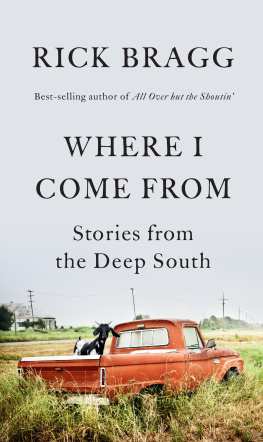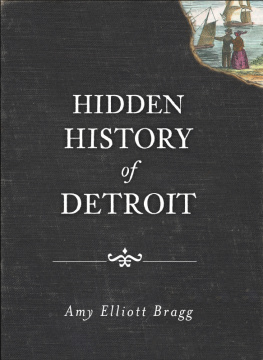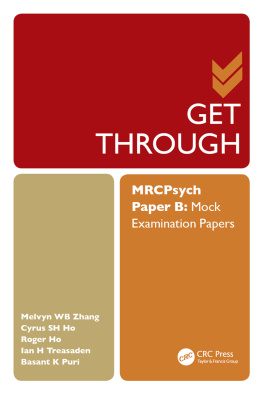Melvyn Bragg - The Seventh Seal
Here you can read online Melvyn Bragg - The Seventh Seal full text of the book (entire story) in english for free. Download pdf and epub, get meaning, cover and reviews about this ebook. publisher: Bloomsbury Publishing, genre: Detective and thriller. Description of the work, (preface) as well as reviews are available. Best literature library LitArk.com created for fans of good reading and offers a wide selection of genres:
Romance novel
Science fiction
Adventure
Detective
Science
History
Home and family
Prose
Art
Politics
Computer
Non-fiction
Religion
Business
Children
Humor
Choose a favorite category and find really read worthwhile books. Enjoy immersion in the world of imagination, feel the emotions of the characters or learn something new for yourself, make an fascinating discovery.
- Book:The Seventh Seal
- Author:
- Publisher:Bloomsbury Publishing
- Genre:
- Rating:5 / 5
- Favourites:Add to favourites
- Your mark:
- 100
- 1
- 2
- 3
- 4
- 5
The Seventh Seal: summary, description and annotation
We offer to read an annotation, description, summary or preface (depends on what the author of the book "The Seventh Seal" wrote himself). If you haven't found the necessary information about the book — write in the comments, we will try to find it.
The Seventh Seal — read online for free the complete book (whole text) full work
Below is the text of the book, divided by pages. System saving the place of the last page read, allows you to conveniently read the book "The Seventh Seal" online for free, without having to search again every time where you left off. Put a bookmark, and you can go to the page where you finished reading at any time.
Font size:
Interval:
Bookmark:

BFI Film Classics
The BFI Film Classics series introduces, interprets and celebrates landmarks of world cinema. Each volume offers an argument for the films classic status, together with discussion of its production and reception history, its place within a genre or national cinema, an account of its technical and aesthetic importance, and in many cases, the authors personal response to the film.
For a full list of titles in the series, please visit https://www.bloomsbury.com/uk/series/bfi-film-classics/
To Michael Wolfers for the Cherwell years
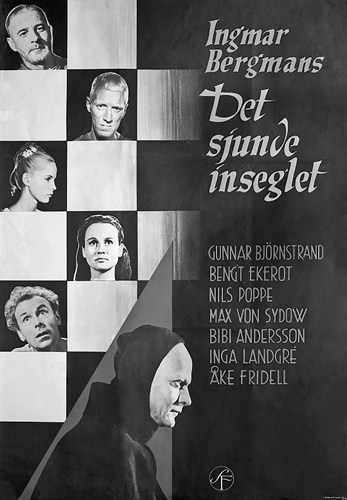
Poster for The Seventh Seal
The Seventh Seal
[Det sjunde inseglet]
Melvyn Bragg

Contents
Stills are from the Stills, Posters and Design Department of the British Film Institute and from the Swedish Film Institute. The credits were checked by Markku Salmi.
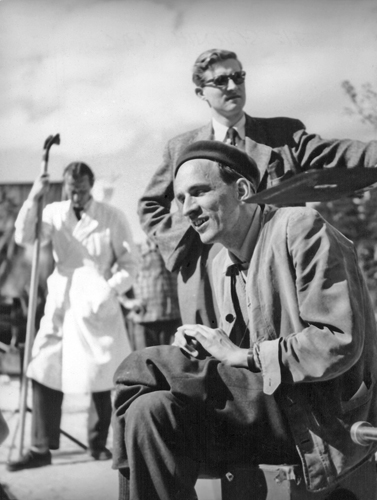
Bergman on the set of The Seventh Seal
Regardless of my own beliefs and my own doubts, which are unimportant in this connection, it is my opinion that art lost its basic creative drive the moment it was separated from worship. It severed an umbilical cord and now lives its own sterile life, generating and degenerating itself. In former days the artist remained unknown and his work was to the glory of God. He lived and died without being more or less important than other artisans; eternal values, immortality and masterpiece were terms not applicable in his case. The ability to create was a gift. In such a world flourished invulnerable assurance and natural humility.
Bergman wrote this in the introduction to the script of The Seventh Seal . The interest lies not only in the statement itself but also in his decision to place it as a signpost to what is his most widely known and arguably most influential film. Is he claiming something for the film, is he reclaiming his own past or is he declaring a truth which he wishes to be universally acknowledged?
For there is a catch, in the paragraph which immediately follows:
Today the individual has become the highest form and the greatest bane of artistic creation. The smallest wound or pain of the ego is examined under a microscope as if it were of eternal importance. The artist considers his isolation, his subjectivity, his individualism almost holy. Thus we finally gather in one large pen, where we stand and bleat about our loneliness without listening to each other and without realising that we are smothering each other to death. The individualists stare into each others eyes and yet deny the existence of each other. We walk in circles, so limited by our own anxieties that we can no longer distinguish between true and false.
Just as the opening paragraph can be seen to apply to The Seventh Seal and other films Bergman made in the 50s, so the second paragraph could be said to apply to Persona and Scenes from a Marriage and other films he made in the 60s and 70s. Like many other great artists, Bergman can face both ways. As some of his films redefined the force of religious art, the power of the sacramental, the resonance of a moral-aesthetic imperative, so others appear to cast out all of that and, with no less skill and with no less art, stand for the bleak and alienated individual of twentieth-century modernism.
Yet the undertow of religious essentiality in art persists in his introductory remarks. Having described the legend of Chartres burnt down and reconstructed by thousands of builders and craftsmen, none with a name, so that no one knows to this day who built the Cathedral of Chartres he concludes with what reads like a profound credo:
Thus if I am asked what I would like the general purpose of my films to be, I would reply that I want to be one of the artists in the cathedral on the great plain. I want to make a dragons head, an angel, a devil or perhaps a saint out of stone. It does not matter which; it is the sense of satisfaction that counts. Regardless of whether I believe or not, whether I am a Christian or not, I would play my part in the collective building of the cathedral.
There is more than a suggestion there that art is religion whether we believe or not. That in the end it will last only as long as it aspires to or fits into some collective cathedral which alone is the lasting temple of art. It is noteworthy that Bergman wants to make something out of stone. Obviously a metaphor, but just as obviously he wants to be associated with what appears to be the most lasting of materials forgetting, for the moment, Ozymandias. The cathedral can be seen as the sum of all the great art all art, in Bergmans view strained through a religious vision or even an unconscious intention. It can also be seen as the collective endeavour which film-making is and which is so much a part of his enjoyment and commitment to it. And the cathedral, where congregations gather to see the great illuminated stories in glass, to watch the ritual performances on the stage of the altar, to follow, through the calendar, the great epic of Christianity with its heroes, its villains, its disputes and digressions, its strange character parts, its compelling story-line, can be seen as the cinema of the pre-celluloid era.
Even though he himself has contributed vividly to the cinema of alienation, the cinema of the dispossessed individual, the post-Christian, fallen world of the second half of this century, we must take his seriousness about the connection between art and religion for what it is: the governing test of a film-maker whose intelligence and curiosity have inspired some of the finest films ever made. Bergman, in my opinion, is one of the dozen or so master film-makers of the century; and one of the marks of his genius, when he is at his best, is the intensity of what can only be called a vision of life. This can be almost unbearably bleak, though redeemed by stoicism in Winter Light ; eroticism in Summer with Monika ; womanism and tenderness in Cries and Whispers ; or religion, in a line which takes him back to his beloved Chartres, in The Seventh Seal . His thesis would be challenged by many who would produce pagan, heathen, secular, atheistic, even irreligious artists, and whole centuries of artistic achievement which only by the loosest connection could be said to qualify and pass the Bergman test. Yet for him it was, and is, a profound and informing truth. And if ever it needed an exemplar, The Seventh Seal is first in line.
Bergmans statement here reminds me of a cri de coeur I once heard from a Welsh painter and poet-novelist, David Jones. He was being interviewed on television a unique appearance which took us into the one-roomed studio-bedroom he lived in at Harrow on the Hill, a suburb on the northern rim of London. He was a Catholic; according to T. S. Eliot among others, an artist of greatness and an innocent whose life was largely confined to this one amazingly cluttered room in a small hotel. The interview concerned his views, explained with great circumspection in the essay Art and Sacrament.We must take him at his word and see The Seventh Seal from the outset as Bergmans attempt to keep that link: the link between creation and worship and the link between the mid-twentieth century, the Middle Ages, the New Testament and much deeper into the past.
Yet even when we look at the artefacts from ancient Mexico, Egypt, Assyria or Aboriginal Australia and so many antique civilizations, let alone the variety of work left by the Greeks, we are struck both by the religious and the secular nature of the works. Those clearly designed to fit in with the governing theology, bow to the belief of the tribe, conform to worship, and those made by man/woman the maker for the sake of the thing itself, for the hell of it as opposed to the Heaven of it. Even in Chartres there are carvings which show the carver showing his own skill, taking a little of the glory to himself as well as offering so much to his God. Even in that which is ostensibly devoted to the imperative of worship, there is always space made by the individual, the artist, the mischief-maker perhaps, the side of Bergman which gives him the skills to be the worshipper through cinema and in cinema that he aimed to be.
Font size:
Interval:
Bookmark:
Similar books «The Seventh Seal»
Look at similar books to The Seventh Seal. We have selected literature similar in name and meaning in the hope of providing readers with more options to find new, interesting, not yet read works.
Discussion, reviews of the book The Seventh Seal and just readers' own opinions. Leave your comments, write what you think about the work, its meaning or the main characters. Specify what exactly you liked and what you didn't like, and why you think so.

